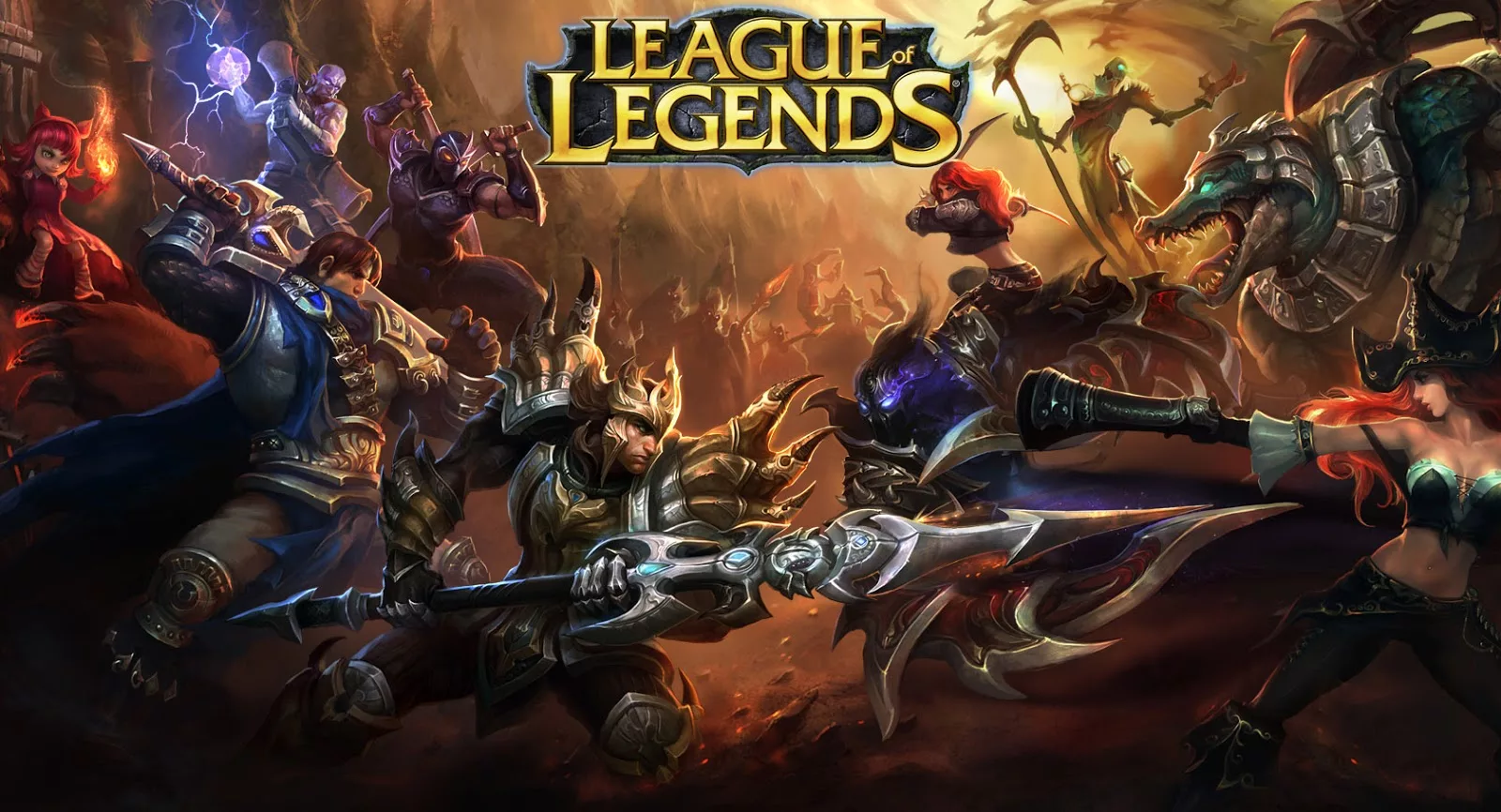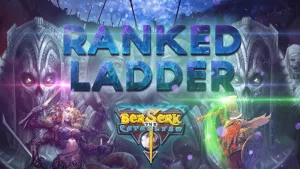For teams to be successful in the thrilling world of League of Legends (LoL) tournaments, the key to triumph lies not only in individual skill but also in mastering the art of team coordination and implementing effective strategies.
This article explores the essential clash tactics that lead to success in League of Legends tournaments. You will understand the intricacies of teamwork and strategy can propel you and your team to new heights.
The Foundation of Team Coordination
Team coordination in League of Legends is the bedrock upon which championship aspirations are built. Without a cohesive unit, individual talent can only take a team so far. Here are some fundamental elements that contribute to effective team coordination:
1. Communication and Shot Calling
Effective communication is paramount in any team-based endeavor, and League of Legends is no exception. Through clear and concise communication, players can relay crucial information about the game state, enemy movements, and potential objectives. A designated shot-caller is essential to guide the team’s decision-making in high-pressure situations, ensuring everyone is on the same page.
2. Understanding Roles and Synergy
Each player on a League of Legends team has a specific role to fulfill. From tanks that absorb damage to damage dealers and support champions, every role plays a vital part. Understanding each teammate’s strengths and weaknesses fosters synergy, enabling players to coordinate their actions seamlessly and execute strategies efficiently.
3. Practice and Team Bonding
Regular practice sessions and team bonding activities build camaraderie and trust among team members. The more time spent playing together, the better the team’s coordination becomes. A tightly-knit unit can predict each other’s actions, leading to more precise plays and strategic maneuvers.
Strategies for Success in League of Legends Tournaments
Now that we’ve laid the groundwork for effective team coordination, it’s time to delve into the strategies that can lead a team to triumph in League of Legends tournaments.
Team Composition and Drafting Strategies
Team composition and drafting strategies are the foundation of every successful League of Legends tournament campaign. Crafting a well-rounded team composition that synergizes effectively can make or break a match. Balancing roles, picking versatile champions, and countering opponents’ picks are all crucial elements in the drafting phase. A strategic draft sets the stage for victory, granting teams a decisive advantage as they head into the intense battles on the Rift.
Objective Control to Secure Dragons, Rift Herald, and Baron Nashor
Objective control is the heart of strategic gameplay in League of Legends tournaments. Securing crucial objectives like Dragons, Rift Herald, and Baron Nashor grants teams significant advantages. Dragons offer buffs and elemental powers, while Rift Herald can break open lanes. The powerful Baron Nashor can turn the tide of a match. Mastering objective control is the key to dominating the map and claiming victory.
Split Pushing and Map Pressure
Split pushing and exerting map pressure are potent tactics in League of Legends tournaments. Split pushing involves sending a champion to push a lane, diverting enemy attention and creating opportunities for teammates. Map pressure forces opponents to react, granting advantages elsewhere on the map. Successfully executing split pushes and applying map pressure can dismantle enemy defenses and lead to strategic triumphs.
Vision Control: Placing Wards and Denying Vision
Vision control is a game-changer in League of Legends tournaments. Placing wards strategically grants invaluable insight into the enemy’s movements and objectives. Vision enables teams to make informed decisions and set up ambushes, gaining a significant advantage. Denying enemy vision is equally crucial, as it forces opponents to play defensively and hampers their ability to plan coordinated attacks. Mastering vision control is the key to gaining the upper hand on the Rift and securing victory.
Rotations and Map Movement
Rotations and map movement are essential components of successful League of Legends tournaments. Strategic rotations involve moving as a team to different areas of the map swiftly, exploiting opportunities, and gaining advantages. Efficient map movement enables teams to secure objectives, counter opponents’ actions, and surprise enemies with unexpected plays. Understanding when and how to rotate effectively can dictate the flow of a match and lead to decisive victories on the Rift.
The Art of Teamfighting
The art of teamfighting is where the true essence of League of Legends tournaments shines. Teamfights are high-stakes clashes that can determine the outcome of a match. Skillful positioning, timing, and coordination are essential to excel in teamfights. Engaging or disengaging at the right moment, focusing on priority targets, and utilizing champion abilities effectively can turn the tides of battle in your favor. Teamfighting mastery showcases a team’s cohesion and individual prowess, making it a thrilling spectacle for players and spectators alike.
Countering the Enemy with Adaptation and Flexibility
Countering the enemy requires a blend of adaptation and flexibility. Successful teams can swiftly adjust their strategies and playstyles based on the opponent’s moves. Being open to unconventional picks and strategies enables creative responses to surprise tactics. The ability to adapt on the fly is a hallmark of top-tier teams, allowing them to outmaneuver rivals and secure triumphant victories.
Early Game Strategies
The early game sets the tone for the entire match in League of Legends tournaments. Teams must employ effective early game strategies to gain an advantage. This phase involves securing early objectives, establishing vision control, and making calculated trades. Dominating the laning phase, coordinating jungle invades, and capitalizing on opponents’ mistakes can lead to a strong foothold on the Rift. Early game strategies lay the groundwork for success, making them a critical aspect of tournament play.
Late Game Strategies
As the match progresses into the late game in League of Legends tournaments, teams must adapt their strategies accordingly. Late game strategies focus on securing major objectives like Baron Nashor and Elder Dragon, as well as coordinating powerful teamfight engagements. Making decisive shot-calls, split pushing with caution, and capitalizing on mistakes become crucial elements to secure victory in the late stages of the game. A well-executed late game strategy can turn the tide and lead a team to a triumphant comeback on the Rift.
The Role of Psychological Resilience
The mental fortitude to stay composed during intense matches, bounce back from defeats, and maintain a positive attitude in high-pressure situations can determine a team’s success. Resilient players can adapt to setbacks, learn from mistakes, and stay focused on the path to victory. Building psychological resilience not only enhances individual performance but also strengthens the bond within the team, fostering an environment of trust and unwavering determination on the Summoner’s Rift.
Utilizing Off-Meta Picks and Strategies
Utilizing off-meta picks and strategies involves selecting champions or employing tactics that deviate from the norm. While unconventional, these choices catch opponents off guard, creating unique advantages. Off-meta picks can exploit the element of surprise, test opponents’ adaptability, and unlock unexpected synergies. Embracing innovation and thinking outside the box can elevate a team’s gameplay and turn them into a force to be reckoned with on the competitive stage.
In-Game Adaptation and Decision Making
League of Legends tournaments demand split-second decision-making and the ability to adapt on the fly. In-game adaptation is the art of assessing the current situation, analyzing opponents’ movements, and swiftly adjusting strategies accordingly. Decisions made during high-stress moments can sway the outcome of a match. Adept shot-calling, reading the game state, and identifying win conditions are vital skills. Mastering in-game adaptation empowers teams to seize opportunities, counter opponents effectively, and secure victory, proving that adaptability is the key to conquering the ever-changing battlefield of the Rift.
Effective Scouting and Preparation
Effective scouting and preparation are the backbone of successful League of Legends teams in tournaments. Thoroughly analyzing opponents’ playstyles, strengths, and weaknesses provides valuable insights. Armed with this information, teams can devise strategic game plans, counter their adversaries, and make informed decisions during matches. Being well-prepared allows teams to enter the Rift with confidence and a strategic edge, increasing their chances of emerging victorious in intense battles.
The Role of Coaches and Analysts
Coaches provide valuable guidance, leadership, and emotional support to teams. They analyze gameplay, identify areas for improvement, and strategize for upcoming matches. Analysts dissect opponents’ performances, gather data, and offer valuable insights. Together, they form an indispensable support system, helping teams optimize their performance, build synergy, and make well-informed decisions, ultimately propelling them toward success on the Summoner’s Rift.
Managing Player Burnout and Mental Wellbeing
Managing player burnout and mental well-being is of utmost importance in the intense world of League of Legends tournaments. The rigorous training schedules and high-stress competitions can take a toll on players’ mental health. Teams must prioritize rest, relaxation, and mental rejuvenation. Encouraging open communication, fostering a supportive team culture, and providing resources for mental health support are vital aspects of player well-being. Keeping players mentally and emotionally resilient ensures they can perform at their best and maintain longevity in the competitive scene.
FAQs
Q: How can effective communication lead to victory in League of Legends tournaments?
A: Effective communication is the cornerstone of success in League of Legends tournaments. It allows teams to coordinate their actions, make informed decisions, and respond swiftly to changing game situations. A team that communicates clearly and efficiently can execute strategies seamlessly, leading to a competitive advantage over opponents.
Q: What are the key elements of successful team composition in LoL tournaments?
A: A successful team composition balances various roles and champions to create a well-rounded lineup. It typically includes frontline tanks, damage-dealing carriers, and supportive champions. A good team composition should have synergy among its members’ abilities, enabling coordinated plays and optimal performance in teamfights.
Q: How does vision control contribute to a team’s success in League of Legends?
A: Vision control is crucial in League of Legends as it provides valuable information about the enemy’s movements and intentions. Placing wards strategically allows teams to make informed decisions, set up ambushes, and secure objectives like Dragon and Baron Nashor. Denying enemy vision also creates opportunities for surprise attacks and catches the opposing team off-guard.
Q: How can teams adapt to unexpected strategies and picks from their opponents?
A: Adaptation and flexibility are vital qualities for successful teams in League of Legends tournaments. When faced with unexpected strategies or off-meta picks from opponents, teams must analyze the situation and adjust their own strategies accordingly. This may involve changing item builds, altering playstyles, or devising creative counters to neutralize the opponent’s advantage.
Q: How important is mental resilience in competitive League of Legends?
A: Mental resilience plays a significant role in the success of a team. Competitive LoL tournaments can be emotionally taxing, with high-pressure moments and potential setbacks. Teams with strong mental fortitude can bounce back from defeats, stay focused during intense matches, and maintain a positive attitude, which can ultimately lead to better performance and results.
Conclusion
The path to victory is paved with teamwork, coordination, and strategic prowess, and it’s no different in the exhilarating realm of League of Legends tournaments. When you master the art of team coordination and implement effective strategies, players, and teams can rise above the competition and leave their mark on the Summoner’s Rift. Let’s go – assemble your team, communicate effectively, adapt to challenges, and embark on an unforgettable journey toward triumph in League of Legends team play.


